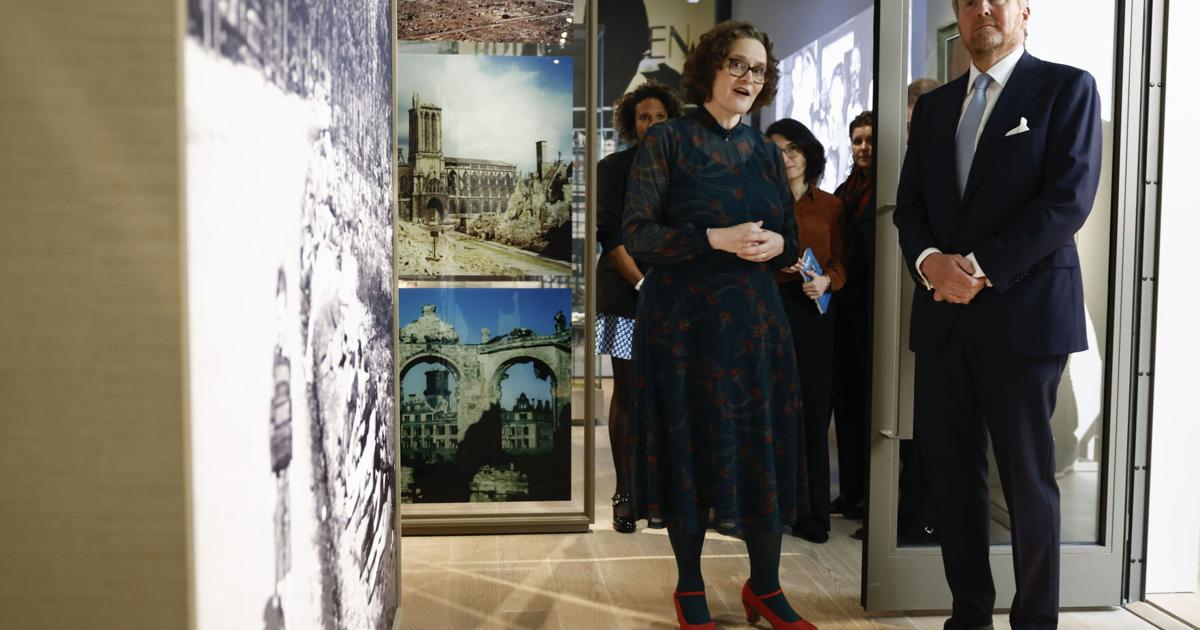Supreme Court Ruling in Iran-U.S. Asset Freeze Case

The International Court of Justice is due Thursday to issue a verdict on Iran’s attempt to unblock about $2 billion in assets frozen by the United States over alleged terrorist attacks.
Tehran dragged its archenemy to the UN Supreme Court after the US Supreme Court ruled in 2016 that assets should be paid to survivors and relatives of attacks responsible for the Islamic Republic.
The Hague-based ICJ’s ruling comes amid tensions over Tehran’s nuclear program and Russia’s support for the war in Ukraine, along with recent US attacks on Iranian-linked groups in Syria. .
Judges of the courts set up after World War II to adjudicate disputes between member states of the United Nations will begin reading their verdicts at 3:00 PM (1300 GMT).
The ICJ’s decisions are binding and cannot be appealed, but are not enforceable. However, if other states do not comply, they can appeal to the UN Security Council.
Iran claims the assets have been illegally frozen by the US, saying it is necessary during times of economic hardship due to nuclear sanctions against Tehran.
Seven years ago, the U.S. Supreme Court ruled that $1.75 billion belonging to Iran’s central bank and some assets from Iranian companies should be used to compensate victims of terrorist attacks.
These included the 1983 bombing of US Marine barracks in Beirut, which killed 299 people, including 241 US soldiers, and the 1996 Kobar Tower bombing in Saudi Arabia, which killed 19 people.
– “Dirty hands” –
However, Iran has denied responsibility for the attack.
It says the US freeze violates the “treaty of friendship” signed by Tehran and Washington in 1955. This was long before the 1979 Islamic Revolution overthrew the pro-American Shah and cut ties with the United States.
Washington has previously tried unsuccessfully to dismiss the lawsuit, claiming Iran had “dirty hands.”
The United States also formally withdrew from the treaty of friendship in 2018 after the ICJ ordered Washington to lift nuclear-related sanctions on Iranian humanitarian items in another case.
The ICJ’s ruling in the asset freeze case comes against a backdrop of rising tensions between Washington and Tehran.
Tehran recently condemned US airstrikes against Iran-linked forces in Syria, which reportedly killed 19 people.
After ordering the attack, US President Joe Biden said his country “does not seek conflict with Iran.”
Meanwhile, negotiations had long been in a deadlock over the revival of the landmark 2015 multilateral agreement on Iran’s nuclear activities. Iran denies it wants to acquire nuclear weapons.
Under then-President Donald Trump, the United States withdrew from the nuclear deal in 2018 and reinstated sanctions.
Washington has also expressed concern over Iran’s military aid to Russia’s invasion of Ukraine.
https://www.expatica.com/nl/general/top-court-rules-in-iran-us-frozen-assets-case-566294/ Supreme Court Ruling in Iran-U.S. Asset Freeze Case




